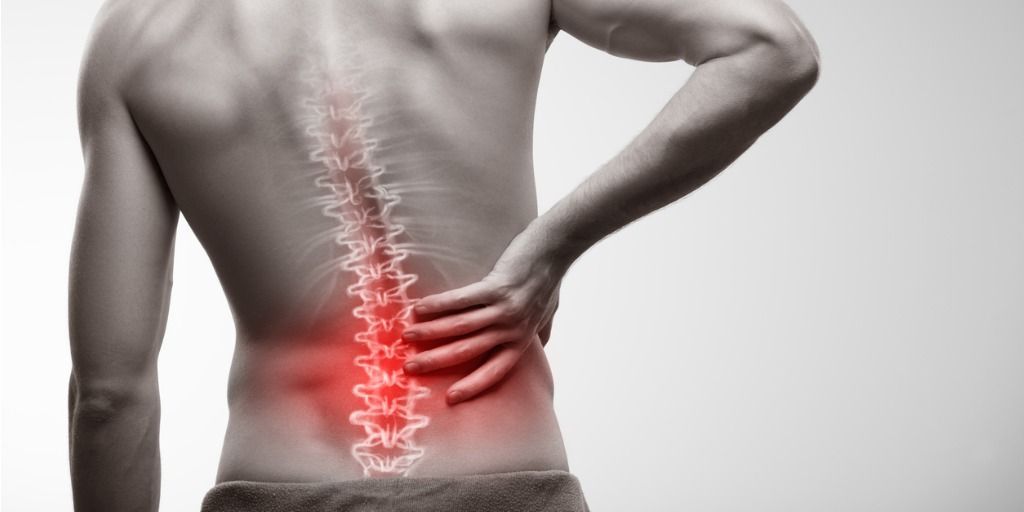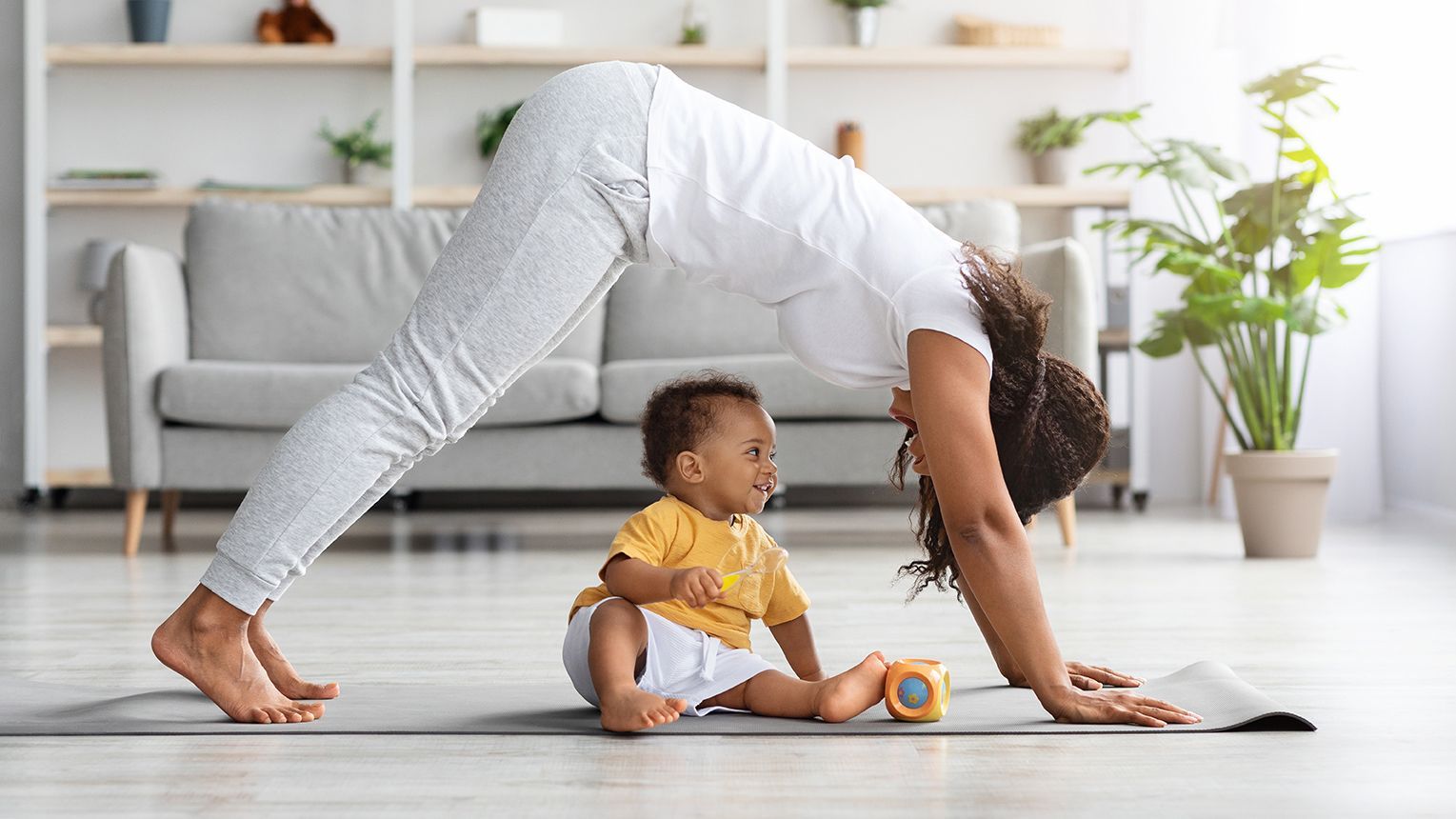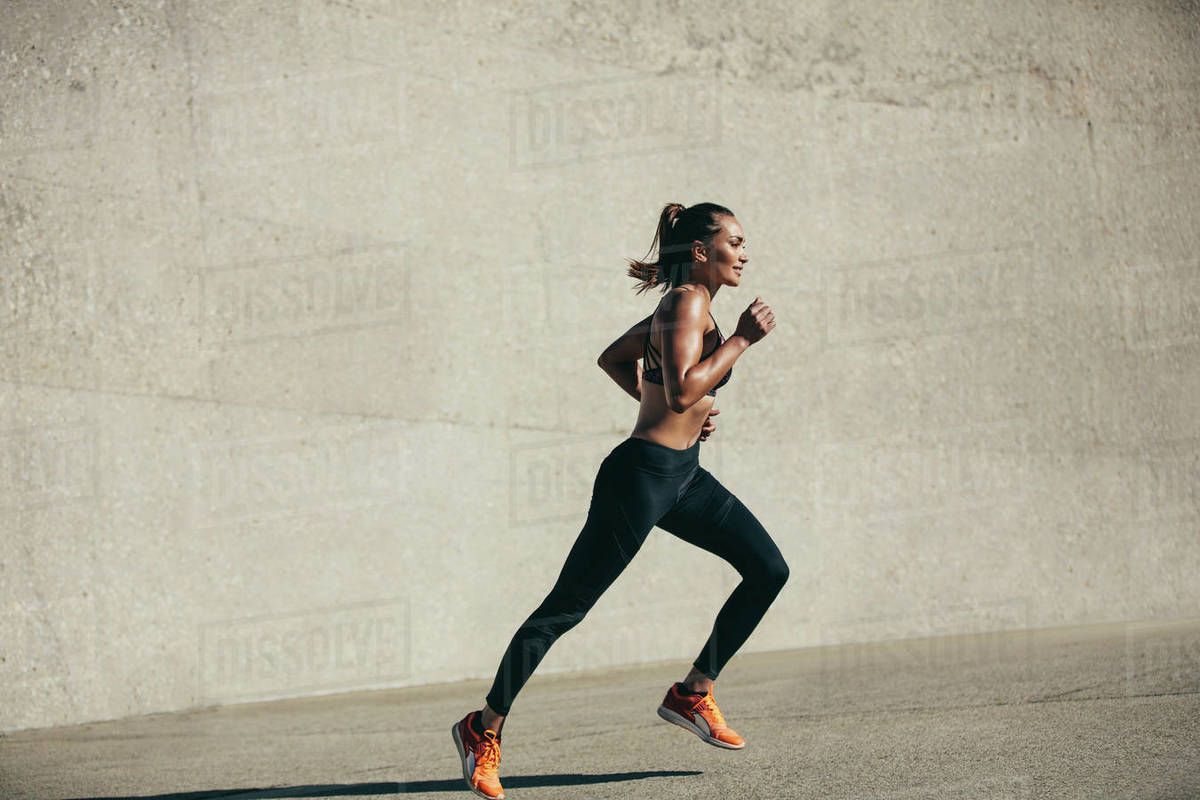Benefits of Staying Hydrated
Water is often hailed as the elixir of life, and for good reason. Our bodies are made up of about 60% water, making it essential for a variety of bodily functions (Meyer et al., 2019). Yet, many of us still don’t drink enough of it. Whether you're a busy professional or a stay-at-home parent, it’s easy to overlook the importance of staying hydrated. However, drinking enough water is vital for maintaining good health and optimizing daily performance. Below are five reasons why drinking water is good for you.
Improves Physical Performance
One of the most significant benefits of drinking water is its positive impact on physical performance (Meyer et al., 2019). During exercise, the body loses water through sweat, and staying hydrated ensures that your muscles and joints function efficiently (Meyer et al., 2019). Dehydration can lead to fatigue, decreased endurance, and even muscle cramps, which can severely impact your workout (Meyer et al., 2019). By drinking water, you help regulate your body temperature, keep joints lubricated, and ensure your muscles have the necessary hydration to perform at their peak (Meyer et al., 2019). Whether you’re running a marathon or doing light yoga, adequate hydration can improve your performance and make your workouts feel less taxing (Meyer et al., 2019).
Supports Digestive Health
Drinking water plays a crucial role in maintaining a healthy digestive system (Muto, 1988). Water helps dissolve fats and soluble fibres, preventing constipation and aiding in smoother bowel movements (Muto, 1988). It also flushes out waste products from the body, promoting better kidney function (Muto, 1988). When you don’t drink enough water, your body tries to retain water in the colon, leading to constipation (Muto, 1988). Staying hydrated ensures that the digestive process runs smoothly and prevents uncomfortable gastrointestinal issues (Muto, 1988). So, if you’re feeling bloated or sluggish, it might be time to drink a glass of water.
Boosts Skin Health
Your skin is the largest organ in your body, and just like any other organ, it needs water to stay healthy (Williams et al., 2007). Hydration helps maintain skin elasticity, reduces the appearance of fine lines, and promotes a natural, healthy glow (Williams et al., 2007). When your body is dehydrated, your skin can become dry, flaky, and prone to wrinkles (Williams et al., 2007). Drinking water helps keep your skin cells functioning properly, ensuring that your skin remains supple and well-moisturized from the inside out (Williams et al., 2007). Additionally, proper hydration may help in the fight against acne and other skin conditions by flushing out toxins that can lead to breakouts (Williams et al., 2007).
Regulates Body Temperature
Water plays a vital role in regulating your body’s temperature, especially when you’re exposed to extreme heat or engaging in physical activities (Boulze, Montastruc, & Cabanac, 1983). Sweating is the body’s natural cooling mechanism, and water is a crucial component in this process (Boulze, Montastruc, & Cabanac, 1983). When you're hydrated, your body can produce sweat efficiently, which helps cool down the body and maintain a stable internal temperature (Boulze, Montastruc, & Cabanac, 1983). Dehydration can impair this cooling process, increasing the risk of overheating and heatstroke, particularly in hot weather or during intense physical exertion (Boulze, Montastruc, & Cabanac, 1983). Drinking enough water helps your body maintain a normal temperature, preventing potential heat-related health issues.
Enhances Brain Function and Mood
The brain is highly sensitive to dehydration, and even mild dehydration can affect cognitive function, memory, and mood (Boulze, Montastruc, & Cabanac, 1983). Studies have shown that when you're dehydrated, you may experience difficulties concentrating, feel more fatigued, or even become irritable (Boulze, Montastruc, & Cabanac, 1983). Drinking enough water can help keep your brain sharp, enhance your ability to focus, and improve your overall mood (Boulze, Montastruc, & Cabanac, 1983). In addition to its cognitive benefits, staying hydrated ensures that your brain can function at its best, promoting better decision-making, problem-solving, and productivity (Boulze, Montastruc, & Cabanac, 1983).
Conclusion
Drinking water is one of the simplest and most effective ways to improve your overall health. From enhancing physical performance to supporting digestive health, boosting skin appearance, regulating body temperature, and improving brain function, the benefits of staying hydrated are undeniable. So, whether you're exercising, working, or simply going about your day, make sure to drink plenty of water. Your body will thank you for it, and you’ll feel the positive effects in no time. Keep that water bottle nearby and remember that hydration is key to living your best, healthiest life!
References:
- Meyer, F., Timmons, B. W., Wilk, B., & Leites, G. T. (2019). Water: hydration and sports drink. In Nutrition and enhanced sports performance (pp. 545-554). Academic Press. Retrieved from Water: Hydration and Sports Drink - ScienceDirect
- Muto, T. (1988). Digestion and absorption. Tokyo: Daiichishuppan Co., Ltd, 228. Retrieved from samples.jbpub.com/9781284021165/9781449649241_CH03_Insel_4886_1.pdf
- Williams, S., Krueger, N., Davids, M., Kraus, D., & Kerscher, M. (2007). Effect of fluid intake on skin physiology: distinct differences between drinking mineral water and tap water International journal of cosmetic science, 29(2), 131-138. Retrieved from Effect of fluid intake on skin physiology: distinct differences between drinking mineral water and tap water - Williams - 2007 - International Journal of Cosmetic Science - Wiley Online Library
- Boulze, D. M. P. C. M., Montastruc, P., & Cabanac, M. (1983). Water intake, pleasure and water temperature in humans. Physiology & behaviour, 30(1), 97-102. Retrieved from Water intake, pleasure and water temperature in humans - ScienceDirect




